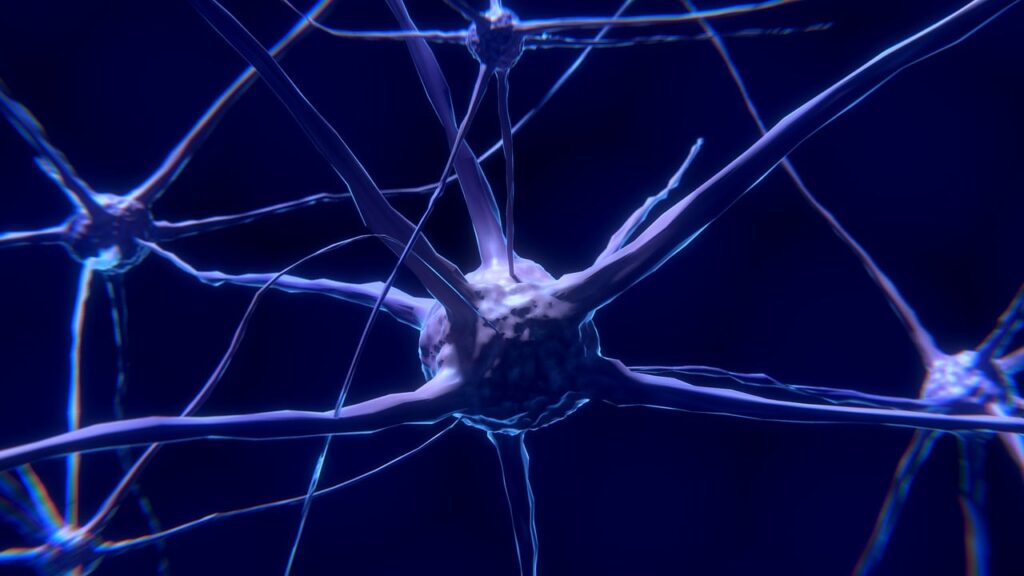J is a bright, spirited teenager who began singing lessons with us at age 10. Now 14, she lives with a rare genetic neurodegenerative condition—likely cerebellar ataxia—currently managed through experimental treatment. Without access to formal diagnostics, we relied solely on clinical observation to guide her care.
When she first arrived, J struggled with initiating tone due to a stutter. Sustained phonation was possible, but articulation was severely compromised. Her conversational speech was halting and slurred, marked by poor control of the articulators. Despite these challenges, her musicality and determination shone through.
Table of Contents
ToggleOur Holistic Approach: Modalities in Practice
🎤 Somatic Voicework®
A functional voice training method that restores vocal health by balancing the vocal mechanism—specifically, thyroarytenoid and cricothyroid dominance—based on the vocal task. We use singing to build core strength, respiratory support, and postural alignment, extending benefits beyond the studio.
🌿 Jin Shin Jyutsu®
A Japanese energy healing art that harmonizes body, mind, and spirit by unblocking energy pathways. It integrates Five Element Theory, organ function energies, and a unique system of 26 Safety Energy Locks to restore energetic balance.
🧠 Functional Neurology & Neurologic Music Therapy®
We trained in functional neurology with BodyHack UAE to support J’s progress. Our tools assess over- and under-activation in the brain and apply targeted interventions. Recently, we added Neurologic Music Therapy® to enhance motor coordination and speech through rhythm and melody.
Singing as a Therapeutic Pathway
Due to fatigue, J tolerated only gentle interventions. We began with Jin Shin Jyutsu®, discovering that holding her little finger during phonation significantly reduced her stutter. In Jin Shin, the little finger corresponds to the Heart and Small Intestine energies—governing speech and vocal fold function.
We focused on belt voice training to build respiratory strength and core stability, aligning with her goal to sing Contemporary Commercial Music. High-mix exercises supported breath control and phonation at the top of her range.
Articulation remained a challenge. Weakness in the hypoglossal nerve (CN XII) led to compensatory overuse of the trigeminal nerve (CN V). While singing articulation was better than speech, it was still slow and slurred. We selected slower-tempo songs like “Can’t Help Falling in Love” and “What a Wonderful World” to support clarity. Sing-speak songs like “Your Song” proved more difficult, so we tailored repertoire to match her articulation tempo and gradually increased complexity.
Despite these hurdles, J demonstrated excellent vocal control, accurate pitch, and dynamic range—especially when supported by Jin Shin Jyutsu®.
Cerebellar Ataxia: Voice and Gait Connection
The cerebellum governs motor coordination. In J’s case, suspected cerebellar ataxia affected both her gait and articulatory precision. We introduced simple breathwork—inhaling and exhaling in 3-count cycles—to activate the brainstem and cerebellum (the hindbrain), improving both articulation and motor coordination.
Posture, Gait, and the Mediator Flow
In Jin Shin Jyutsu®, the Mediator Flow governs the body’s energetic symmetry. Disharmony in this flow can manifest as physical twisting—often exacerbated by stress and fatigue.
J’s posture and gait reflected this imbalance. Through targeted Jin Shin sessions, we observed improved alignment and a more balanced gait, supporting her vocal and physical coordination.
Bridging Singing and Speech
Before formal training in Neurologic Music Therapy®, we adapted Melodic Intonation Therapy®—using sung phrases to approximate prosody, then gradually removing pitch to transition into speech. This helped J connect her singing skills to spoken language.
Currently, we use Rhythmic Speech Cueing®, a technique that employs metronomic rhythm to cue motor neuron firing for speech. Her speech speed is gradually improving with this structured support.
Final Reflections
Today, J speaks with a clear, if slow, tone—occasionally punctuated by stutters. But when she sings, she soars. Her renditions of “Into the Unknown” and “Chandelier” are nothing short of breathtaking.
What began as a metaphysical journey with Jin Shin Jyutsu®, layered with Somatic Voicework®, has evolved into a multidimensional practice—blending energy healing, neuroscience, and functional voice training.
Curious to explore how these modalities can support your voice or well-being? We’d love to hear from you.

